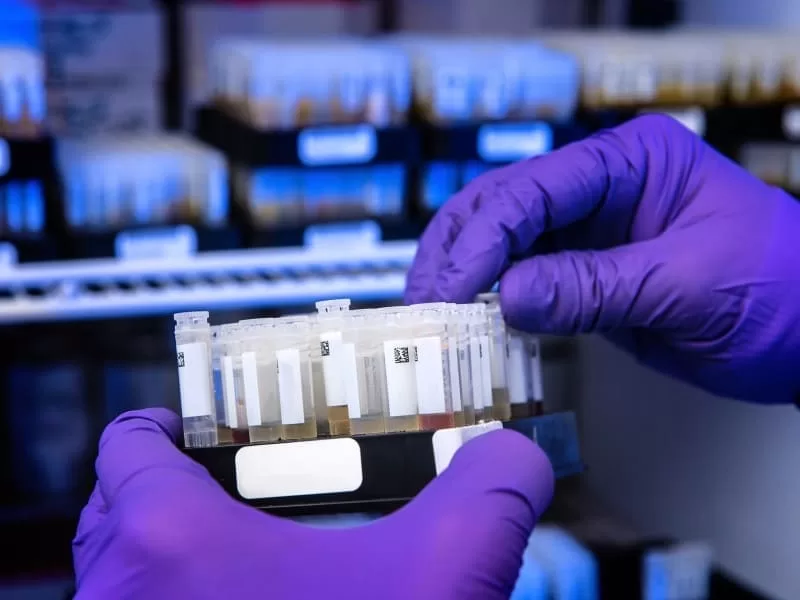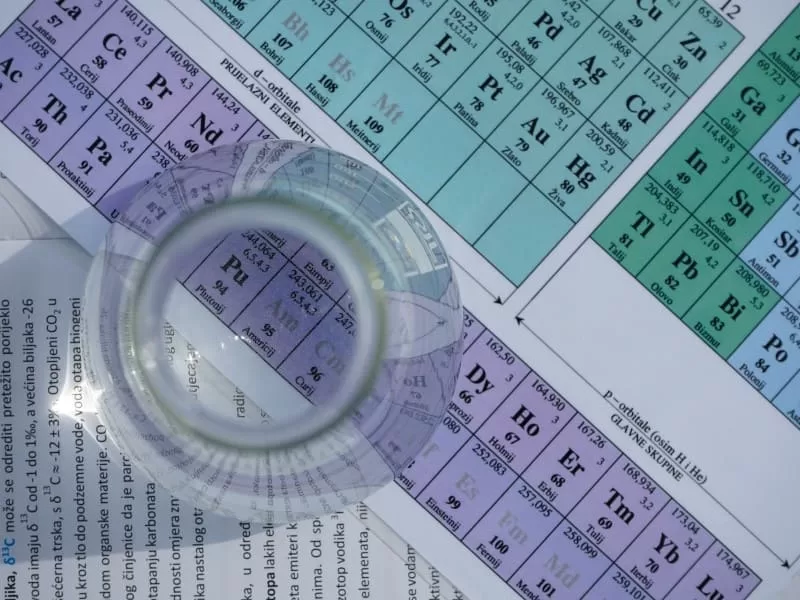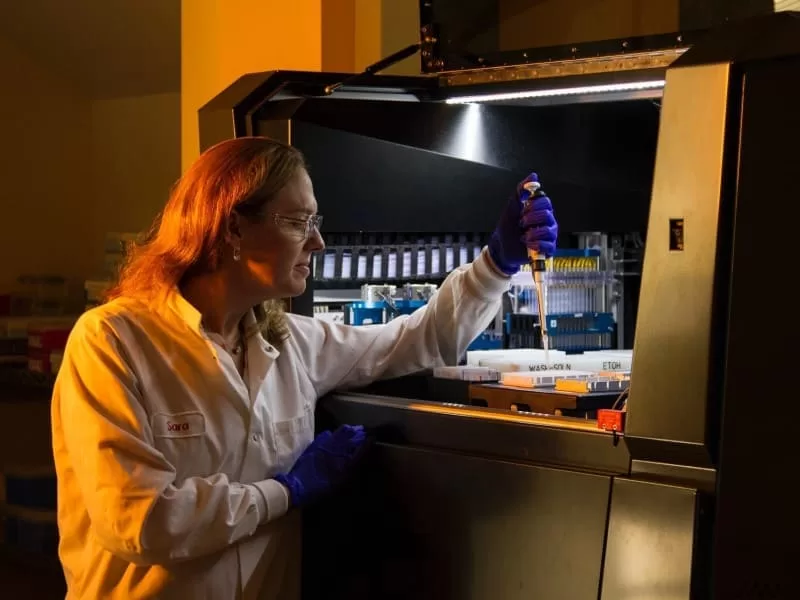Chemical translation
Need a native translator with experience in the chemical industry?
Looking for a scientific translator for a technical document?
Specialized translation agency
The chemical industry is strictly regulated. This is understandable in light of the huge quantity of consumer and professional products that are created today, which involve chemical processes in their manufacture. Professional translation is especially important for any company operating in the chemical industry, as they will need to translate a host of highly sensitive documents into other languages.
The challenges of professional chemical translation
The chemical industry is a good example of international cooperation between the public and private sectors. Our daily lives are full of items produced or treated in chemical plants using different processes. Examples include hydrocarbons, construction materials and components, plastics and foodstuffs.
Companies involved in the production or processing of these and other products end up creating a huge market with thousands of jobs, which also involves government entities. This means huge amounts of documentation are generated, almost always aimed at public and private companies across different countries.
Texts that are likely to need translating in the chemical industry include patents, which contain innovative treatments or production processes. There is also a huge industry around oil refining, extracted and processed at plants around the world. This industry highlights the synergy between governments and engineering companies and involves the creation of a wide range of documents that need to be translated.
Other examples of documents that are specific to the chemical industry and often require translation into other languages include: toxicology reports, deviation reports, material safety data sheets, exposure scenarios and summaries of product features.
The role of the professional translator who specialises in the chemical industry
A feature of chemistry is that it uses very specific vocabulary, as well as a wide variety of fields of application. The documentation generated in this discipline may encompass the processing of crude oil derivatives, mining processes, food manufacturing, and process and quality controls. As a result, one can easily guess the wide range of different disciplines that can come together in a single document.
The translator or agency handling chemical translation projects must not only be familiar with the specifics of each of their fields of application, but must also be familiar with the document format and understand the final use of the texts in order to adapt the expressions appearing in them to the recipient's needs.
Given the demands of chemical translations, the recommended translator profile is that of an international professional expert in the field: a translator who collaborates with an agency such as Sanscrit.
Related articles - Chemical Translation
Request your translation quote
Would you like more information about any of sanscrit's services?
Areas of the chemical industry:
Other technical translation specialities
- 01Jan
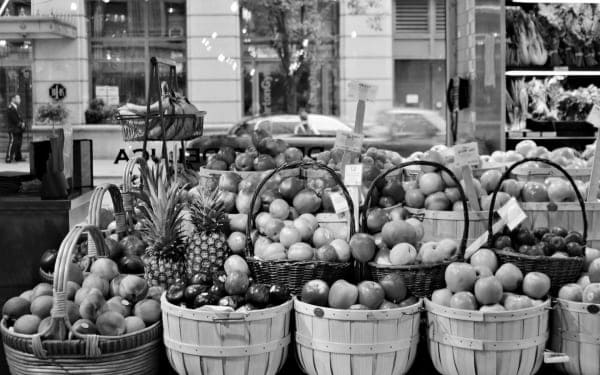
- 01Jan
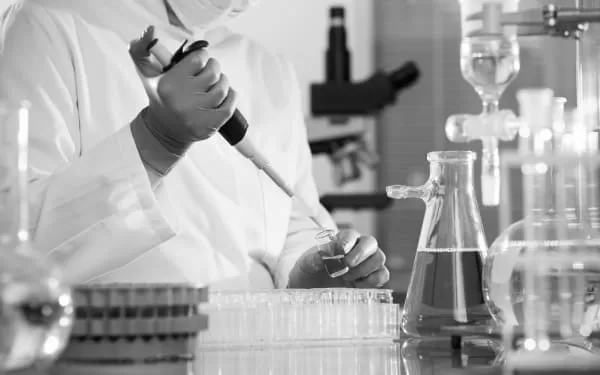
- 01Jan

- 01Jan

- 01Jan

- 01Jan
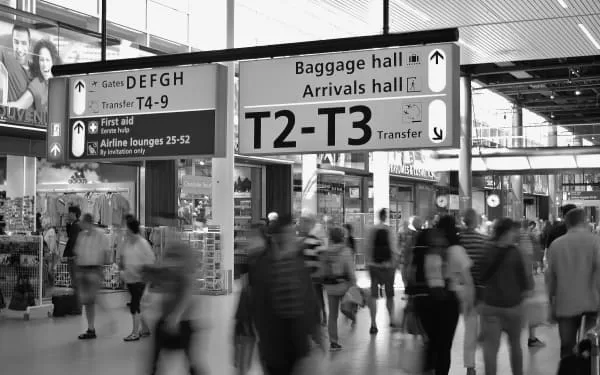
- 01Jan



